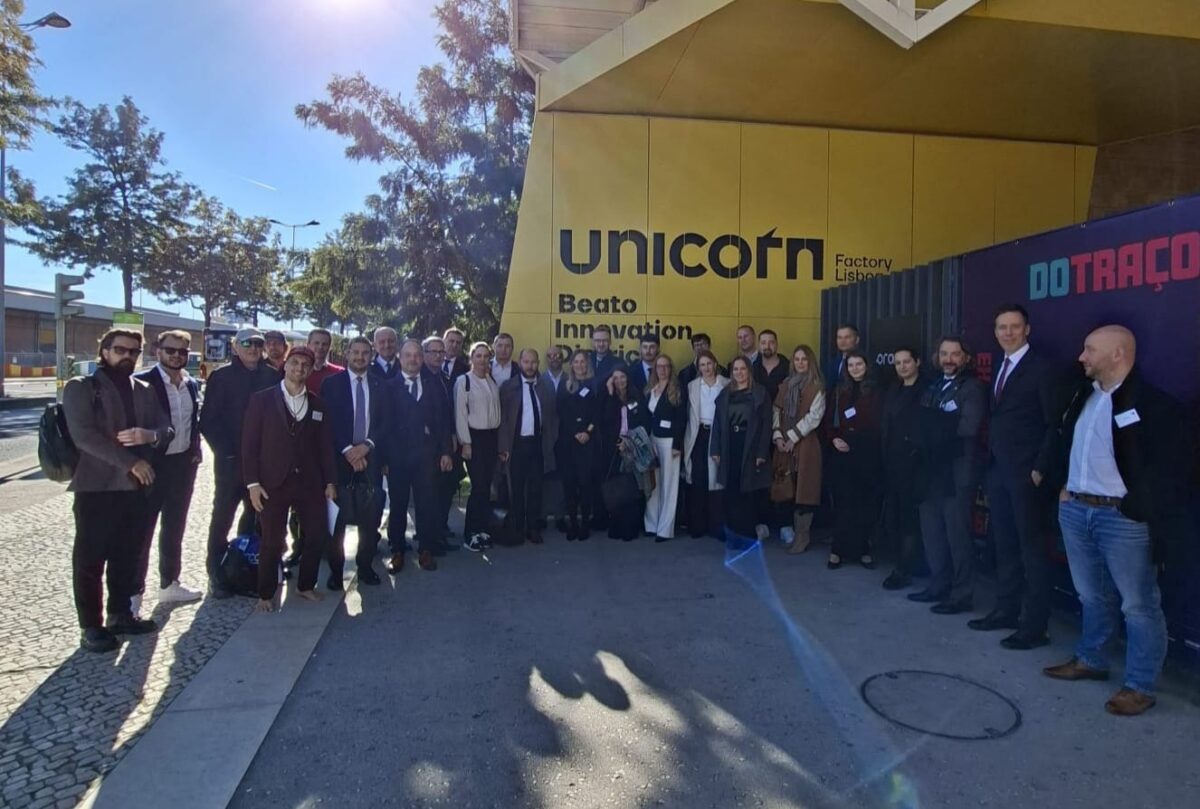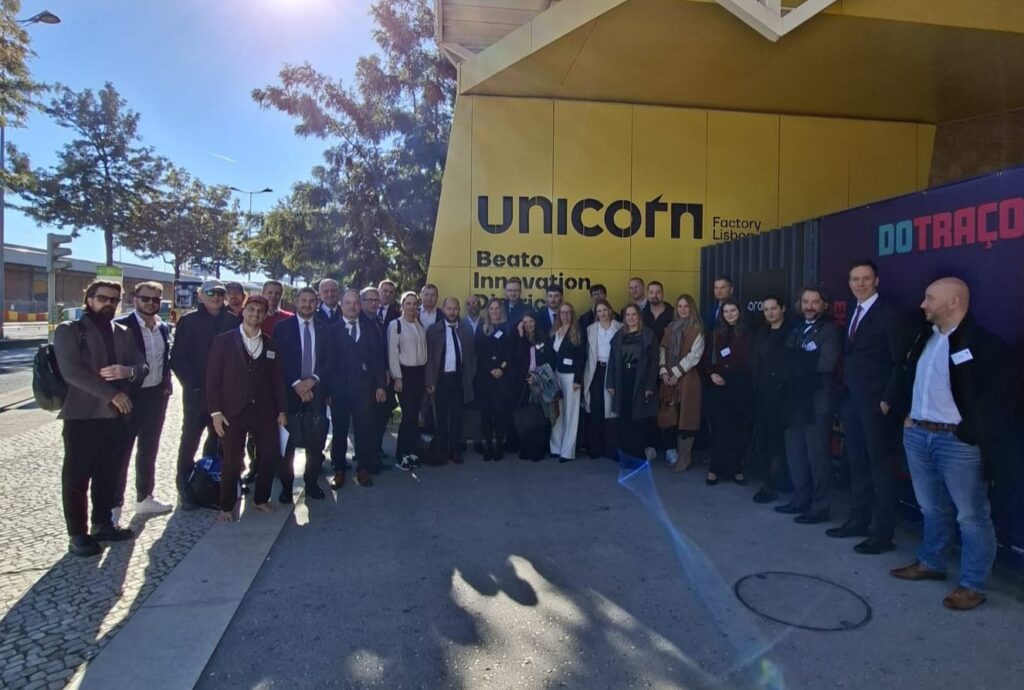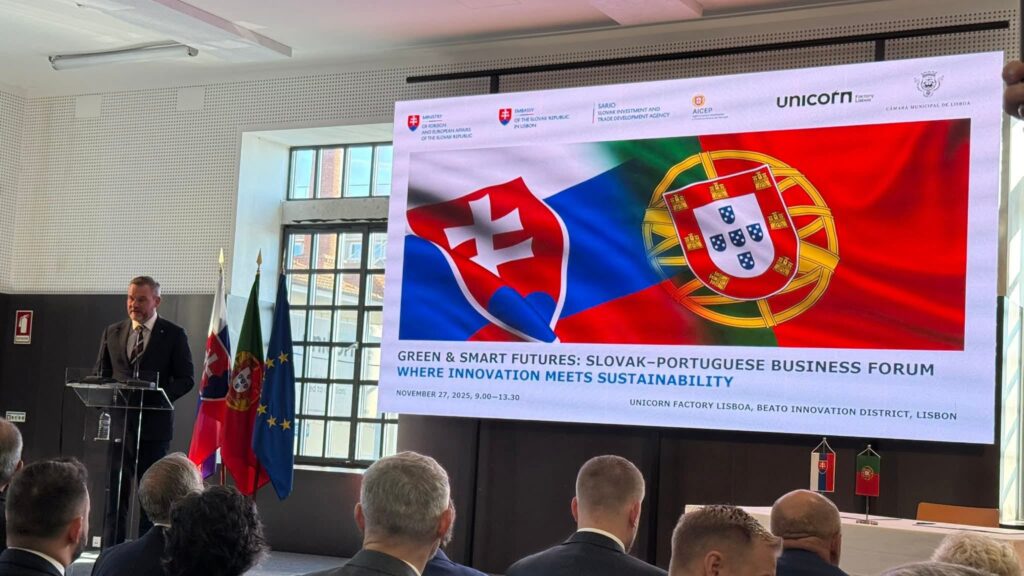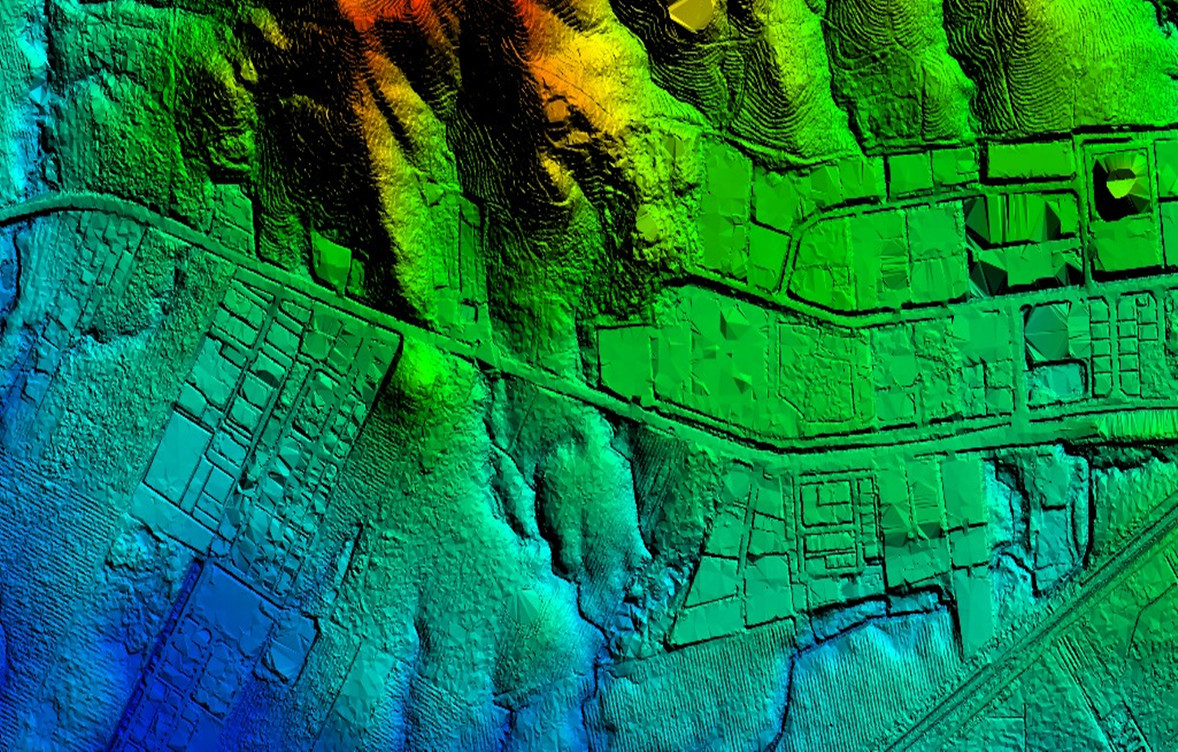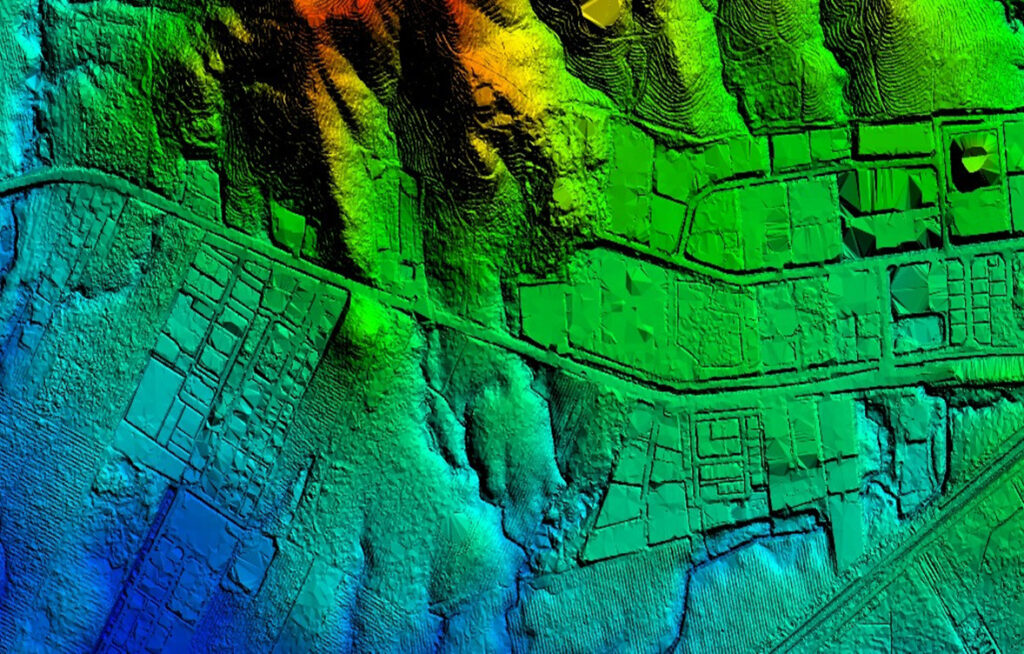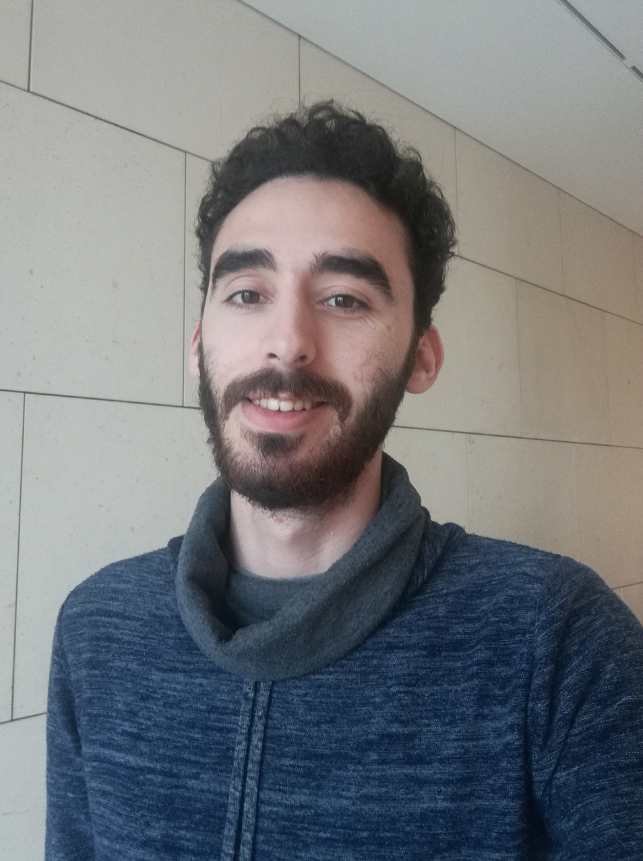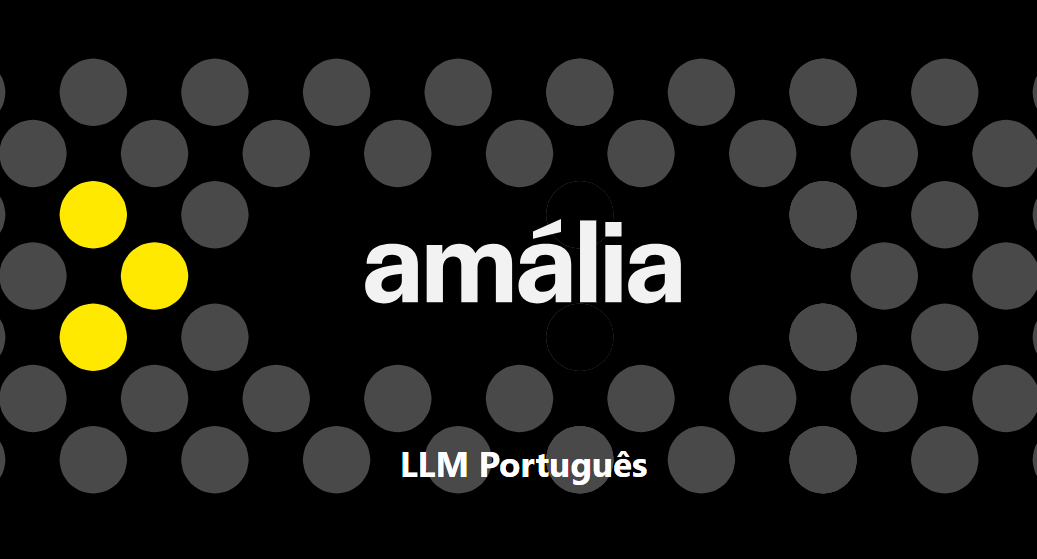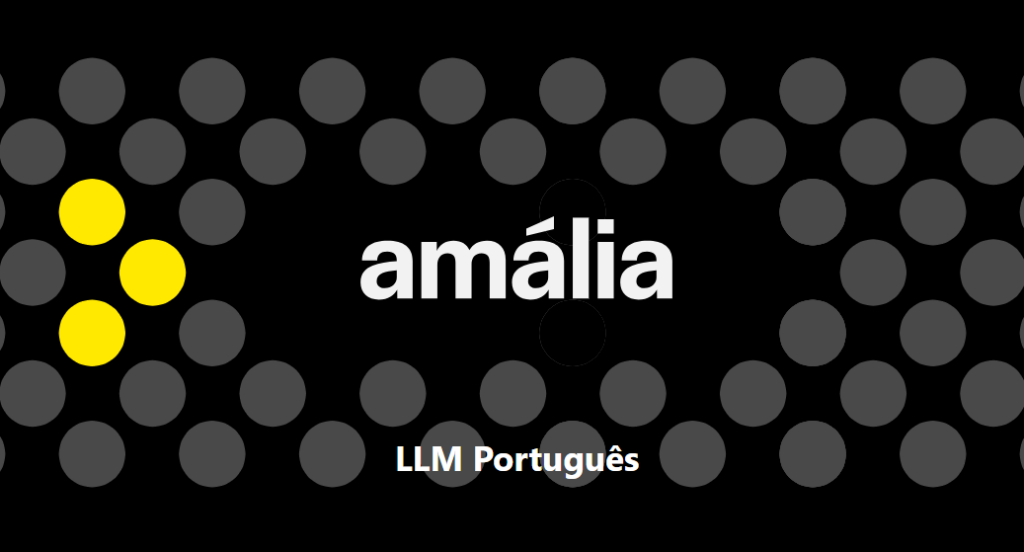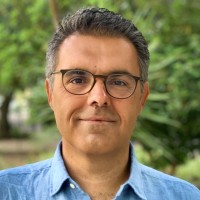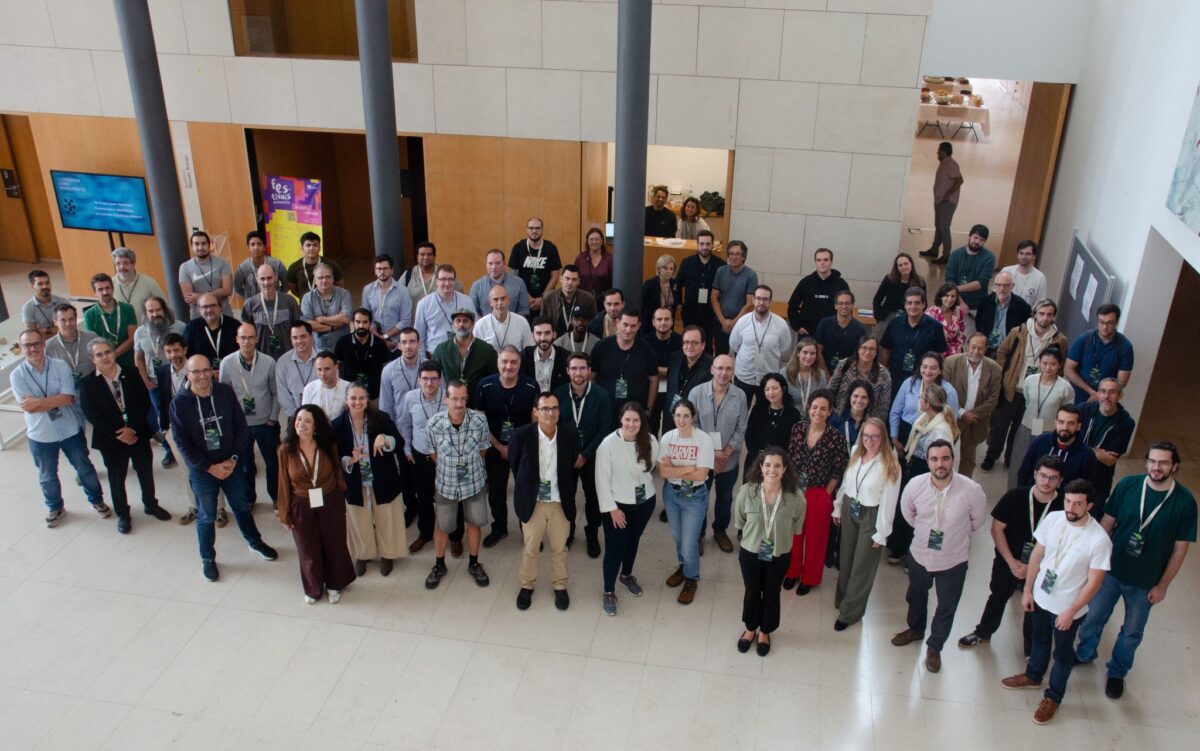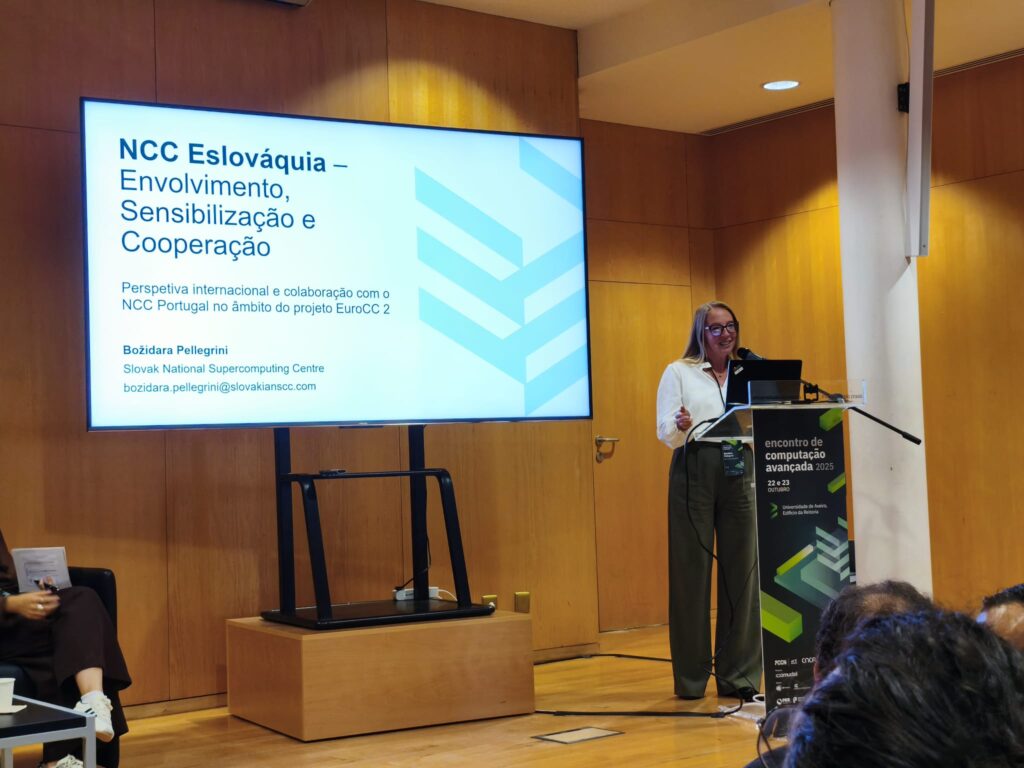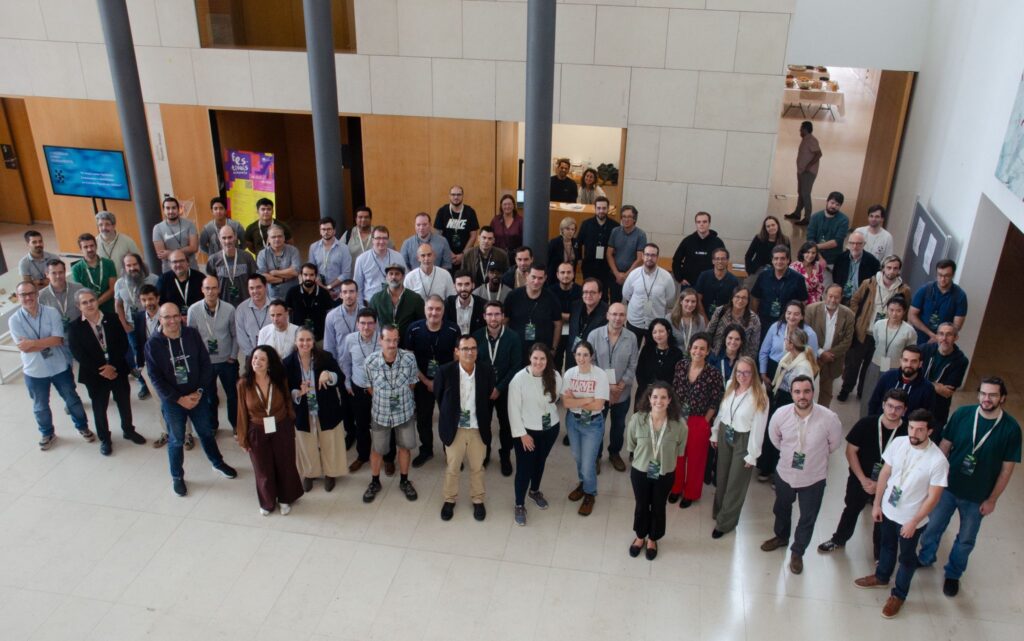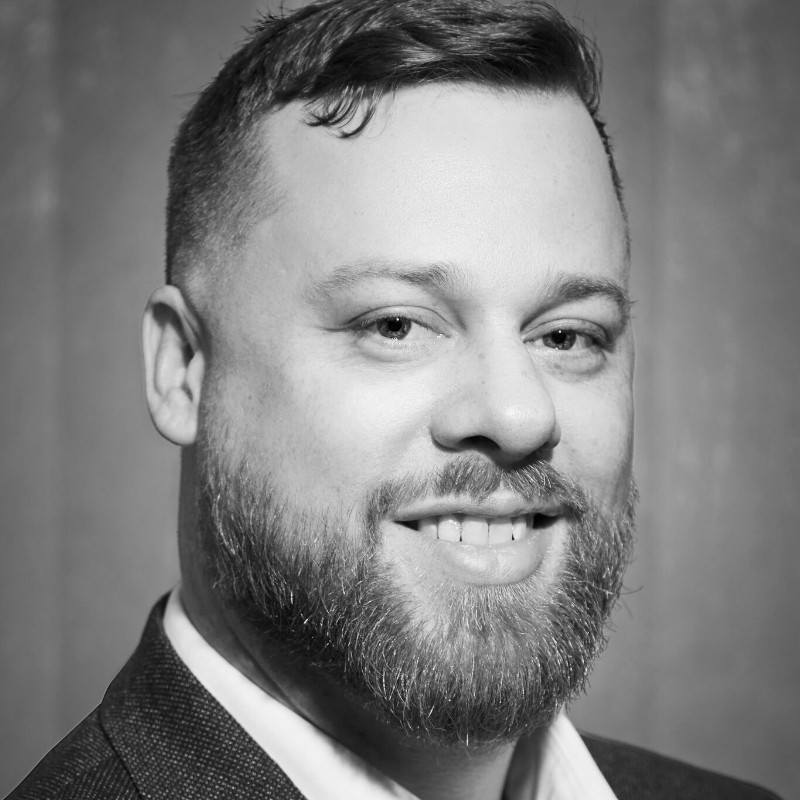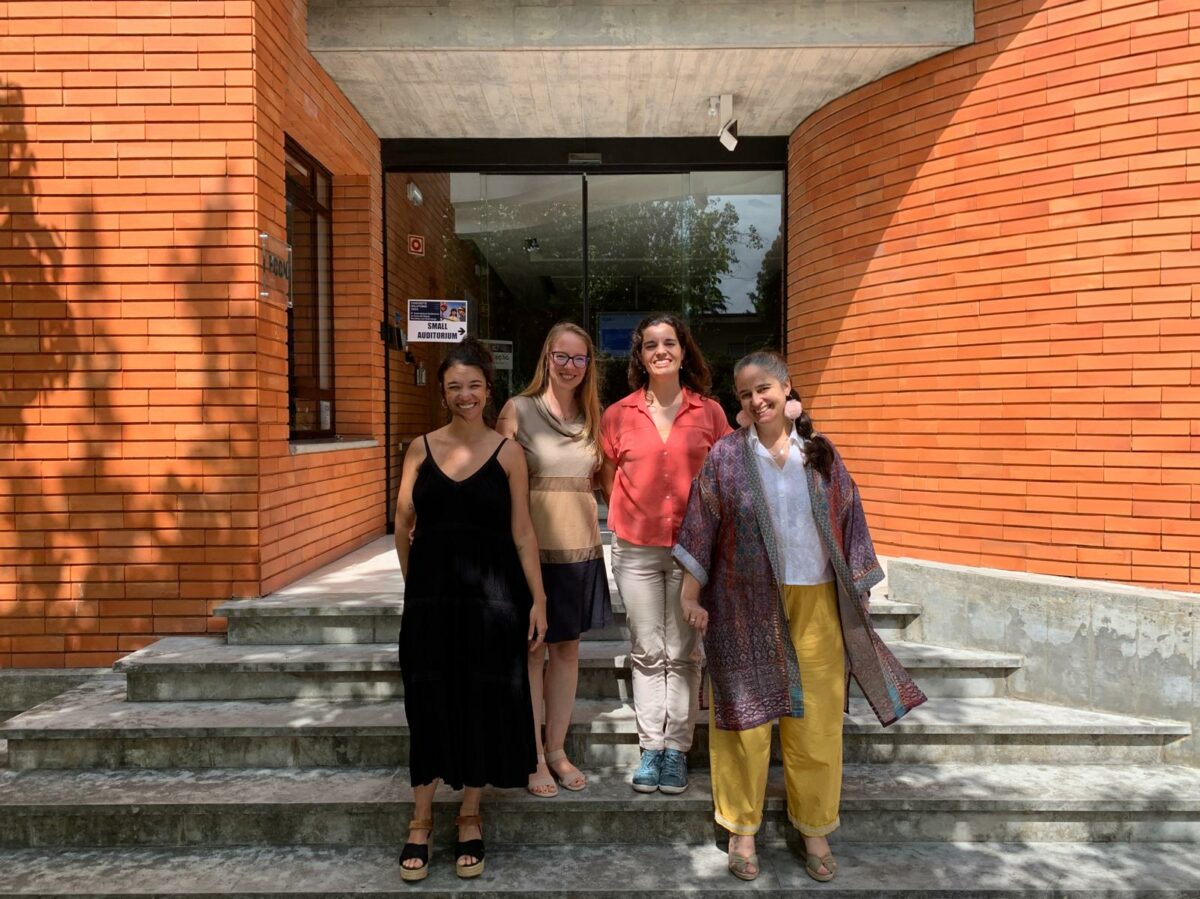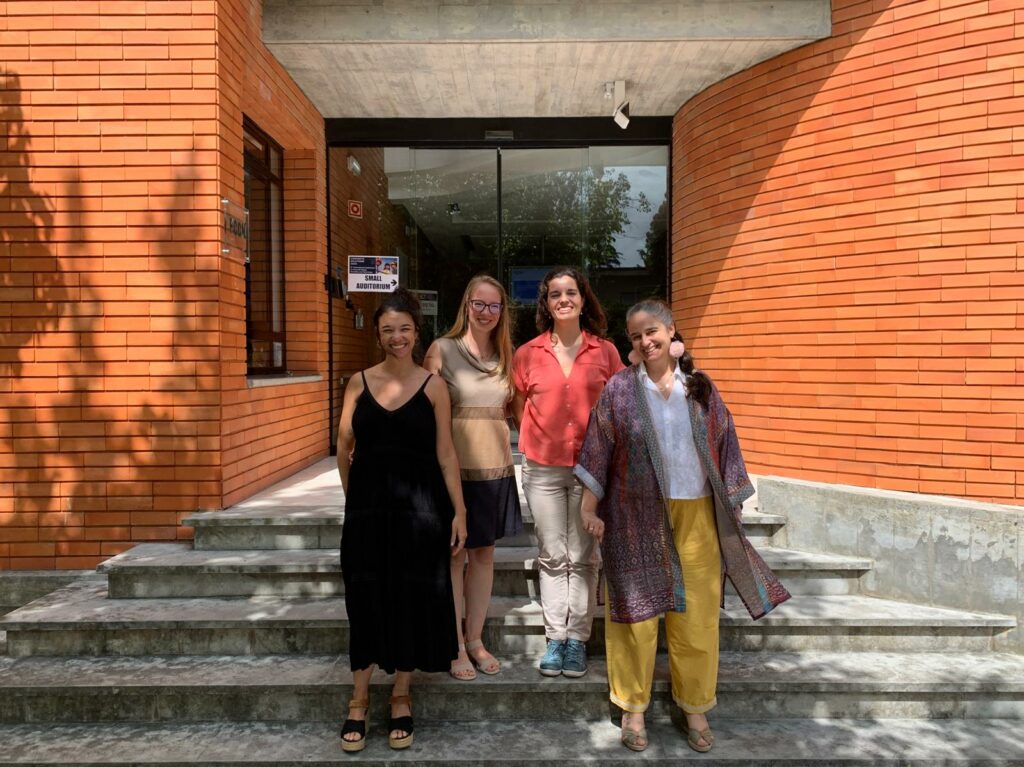BeeGFS in Practice — Parallel File Systems for HPC, AI and Data-Intensive Workloads
Discover how modern parallel file systems enable scalable and efficient data management for high-performance computing and artificial intelligence.
This webinar introduces BeeGFS, a leading parallel file system designed to support demanding HPC, AI, and data-intensive workloads. Experts from ThinkParQ will explain how parallel file systems work, how BeeGFS is architected, and how it is used in practice across academic, research, and industrial environments.
Date and Time:
Thursday, February 19th, 2026 | 10:30 – 12:00 CET
Online | Free Registration
This webinar is organized by the Slovak National Supercomputing Centre as part of the EuroCC project (National Competence Centre – NCC Slovakia) in cooperation with ThinkParQ.
The webinar will be held in English.
Abstract:
As high-performance computing and artificial intelligence workloads continue to grow in scale and complexity, efficient data access becomes a critical factor for overall system performance. Parallel file systems address this challenge by enabling concurrent access to distributed storage resources, supporting highly parallel and data-intensive applications.
This webinar introduces the fundamental concepts of parallel file systems and their role in modern HPC environments, with a focus on BeeGFS. The session will explain BeeGFS architecture and core components, key design principles, and features supporting performance, scalability, and ease of management. Topics will include data management capabilities introduced in BeeGFS 8, on-demand storage with BeeOND, and an overview of community and enterprise editions.
Real-world reference stories from HPC, AI, and enterprise environments will be discussed to illustrate how BeeGFS is applied in practice. The webinar will conclude with a discussion and Q&A session.
Speakers:
Dominic McKendry
Business Development Director Northern Europe, ThinkParQ GmbH
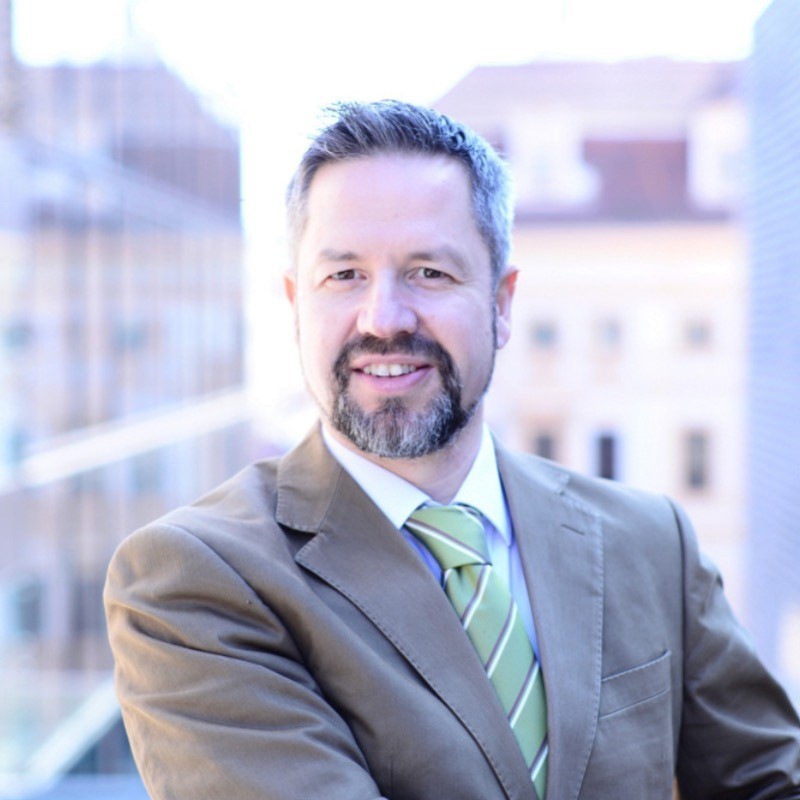
Dominic McKendry is Business Development Director for Northern Europe at ThinkParQ, the company behind the parallel file system BeeGFS. He works with partners and end users across the HPC, AI, and data-intensive computing landscape, focusing on real-world use cases and adoption of BeeGFS in research and industry.
He brings extensive experience from the enterprise IT and HPC sector, including over 18 years at Dell Technologies, and holds an MBA from Purdue University, with an academic background in international management and business studies.
Ingo Martini
Presales Director BeeGFS, ThinkParQ GmbH
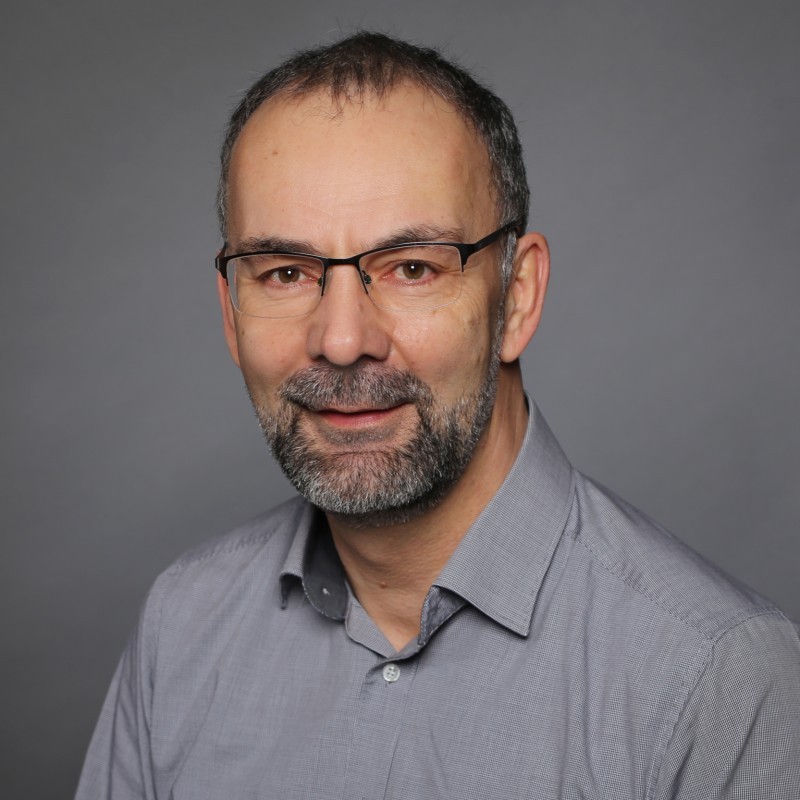
Ingo Martini is a Presales Consultant at ThinkParQ, specializing in BeeGFS and its deployment in HPC, AI, and data-intensive environments. He supports customers and partners with solution design, architecture discussions, and technical positioning of BeeGFS.
He has a strong technical foundation built through long-term work in storage systems and infrastructure engineering, complemented by formal training and certifications, including AWS Certified Cloud Practitioner, and a solid engineering-oriented background.
Outline:a:
- Introduction and motivation: data challenges in HPC and AI
- Parallel file systems explained
- BeeGFS architecture and core components
- Why choose BeeGFS: performance, scalability, and ease of use
- Data management capabilities in BeeGFS 8
- BeeOND: on-demand storage for HPC workloads
- Community vs Enterprise (Hive) editions
- Reference stories from HPC, AI, and enterprise environments
- Discussion and Q&A
 BeeGFS in Practice — Parallel File Systems for HPC, AI and Data-Intensive Workloads 6 Feb - This webinar introduces BeeGFS, a leading parallel file system designed to support demanding HPC, AI, and data-intensive workloads. Experts from ThinkParQ will explain how parallel file systems work, how BeeGFS is architected, and how it is used in practice across academic, research, and industrial environments.
BeeGFS in Practice — Parallel File Systems for HPC, AI and Data-Intensive Workloads 6 Feb - This webinar introduces BeeGFS, a leading parallel file system designed to support demanding HPC, AI, and data-intensive workloads. Experts from ThinkParQ will explain how parallel file systems work, how BeeGFS is architected, and how it is used in practice across academic, research, and industrial environments. When a production line knows what will happen in 10 minutes 5 Feb - Every disruption on a production line creates stress. Machines stop, people wait, production slows down, and decisions must be made under pressure. In the food industry—especially in the production of filled pasta products, where the process follows a strictly sequential set of technological steps—one unexpected issue at the end of the line can bring the entire production flow to a halt. But what if the production line could warn in advance that a problem will occur in a few minutes? Or help decide, already during a shift, whether it still makes sense to plan packaging later the same day? These were exactly the questions that stood at the beginning of a research collaboration that brought together industrial data, artificial intelligence, and supercomputing power.
When a production line knows what will happen in 10 minutes 5 Feb - Every disruption on a production line creates stress. Machines stop, people wait, production slows down, and decisions must be made under pressure. In the food industry—especially in the production of filled pasta products, where the process follows a strictly sequential set of technological steps—one unexpected issue at the end of the line can bring the entire production flow to a halt. But what if the production line could warn in advance that a problem will occur in a few minutes? Or help decide, already during a shift, whether it still makes sense to plan packaging later the same day? These were exactly the questions that stood at the beginning of a research collaboration that brought together industrial data, artificial intelligence, and supercomputing power. Who Owns AI Inside an Organisation? — Operational Responsibility 5 Feb - This webinar focuses on how organisations can define clear operational responsibility and ownership of AI systems in a proportionate and workable way. Drawing on hands-on experience in data protection, AI governance, and compliance, Petra Fernandes will explore governance approaches that work in practice for both SMEs and larger organisations. The session will highlight internal processes that help organisations stay in control of their AI systems over time, without creating unnecessary administrative burden.
Who Owns AI Inside an Organisation? — Operational Responsibility 5 Feb - This webinar focuses on how organisations can define clear operational responsibility and ownership of AI systems in a proportionate and workable way. Drawing on hands-on experience in data protection, AI governance, and compliance, Petra Fernandes will explore governance approaches that work in practice for both SMEs and larger organisations. The session will highlight internal processes that help organisations stay in control of their AI systems over time, without creating unnecessary administrative burden.







